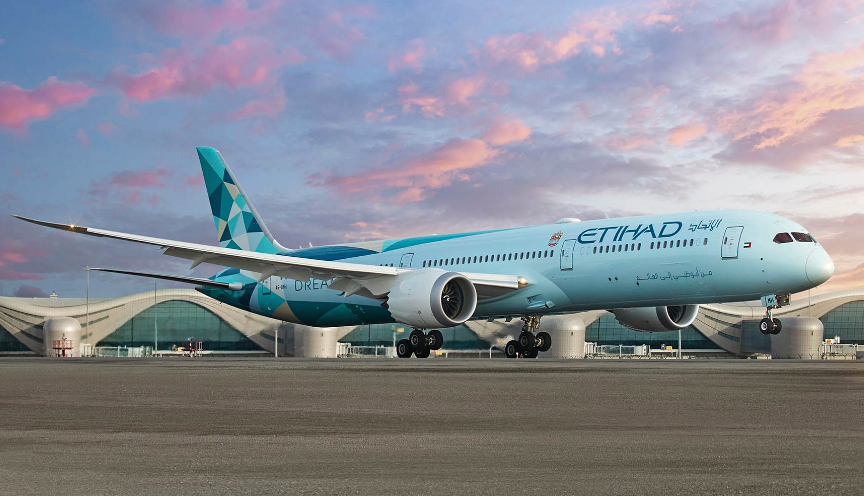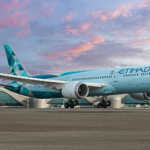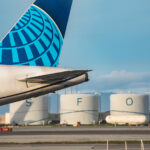
(TAN): Cepsa, a Mubadala group company, and Etihad signed an MoU to accelerate the decarbonisation of air transport by researching and producing sustainable aviation fuels (SAF), the airline said in a news release.
These fuels will be produced from circular raw materials that do not compete with food resources, such as used cooking oils, non-food animal waste or biodegradable waste from various industries, and will make it possible to reduce aircraft emissions by up to 80% compared to conventional kerosene.
The partnership, announced at the ADIPEC Exhibition & Conference in Abu Dhabi, will also work on the development of new energy alternatives such as renewable hydrogen and the electrification of Etihad’s ground fleets, which include supply vehicles, baggage loading and unloading operations and aircraft assistance.
[ALSO READ: The Ritz-Carlton, Gold Coast set to open in 2026]
During the signing event, Cepsa CEO Maarten Wetselaar said: “Decarbonising air transport is one of the major challenges of our times and Cepsa is committed to playing a critical role in meeting that challenge alongside important partners like Etihad.”
Adam Boukadida, Etihad CFO, said: “Aviation decarbonisation is the biggest challenge facing our industry and the development of commercially viable sustainable aviation fuel is a key requirement to meet the industry sustainability target. Our MoU with Cepsa allows us to tackle the first challenge, building demand for SAF, which in turn encourages further production and increases availability to eventually lower costs and enable further SAF uptake from the wider industry. It’s a snowball effect, which is essential if we’re to overcome the main challenges standing in the way to a commercially viable solution.”



